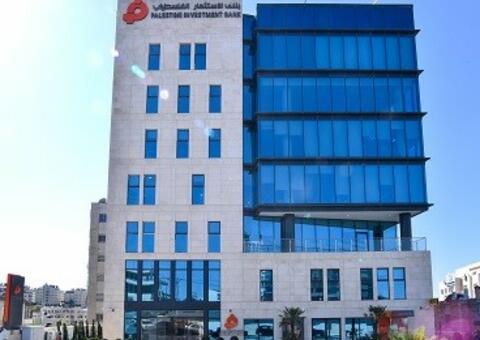Blog
Expansion of digital transactions through e-Wallets and COVID-19 pandemic

COVID-19 has created both a health and an economic crisis, both of which are strongly affecting SMEs everywhere. At the same time, the current crisis may present financial institutions and regulators with the opportunity to accelerate digital transformation. This transformation, in turn, could enable SMEs to continue serving their customers, stimulate new consumption, and support economic recovery.
SME Finance Forum Member, Palestine Investment Bank (PIB), is the first bank in the Palestine Territories to implement a digital solution (e-Wallet) for payments within the region. The e-Wallet (known as “Cash- Cab”) has, in about three months of service, gathered 1440 customers and covers 660 merchants. The innovative solution is a bold step toward the digitalization of payments in the Palestine Territories.
Unfortunately, PIB is now confronting several challenges in the face of COVID-19 and consequent government restrictions. Government restrictions, in the form of lockdowns and curfews, have prevented banks from hosting individual customers in their physical branch – closing doors to new customers. Cash-Cab, as of now, requires a physical visit to the branch, which inevitably limits the uptake of the application by customers that could greatly benefit from its use, especially at the moment.
PIB is currently working with the region’s financial regulator – the Palestine Monetary Authority (PMA)- to allow for customers to remotely activate Cash-Cab. This process of lobbying for regulatory/legal amendment is likely to be lengthy and is an excellent example of the importance of balancing regulation and innovation at times like these. Over-regulation, particularly in matters such as KYC for small-sized transactions, could delay the deployment of vital digital infrastructure in response to the crisis.
Looking ahead, PIB is planning to integrate this service with major billers, aggregators, microfinance companies, and other sectors. This will very likely result in increased online transactions and a more straightforward observance of social distancing guidelines in sustaining livelihoods and essential consumption. Similar applications in other parts of the world have seen significant uptake post-COVID 9 (such as bKash in Bangladesh).
Expansion of digital transactions through e-Wallets such as this enables new innovative uses of the data pools they create. This can support credit rating and greater access to finance for SMEs within the region.
Beyond the challenges laid above, PIB plans to work on promoting awareness and e-money culture, which, given its young population, could see rapid acceptance. PIB has a challenging road ahead and hopefully will garner lessons that can inform other financial institutions and regulators around the world.
--
SME Finance Forum members all around the world are leading the digital transformation, and we hope to share more initiatives and best practices as they emerge.
Acknowledgments: This article was written with the collaboration of Khalil Nasr, Vice Chairman of PIB, and Chairman of Societe Generale Cyprus (Ambassador-MENA Region for the SME Finance Forum), PIB Chairman Mr. Dayeh, and the CEO, Samih Sbaih.










